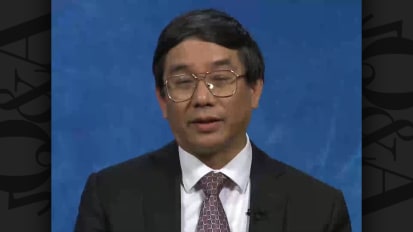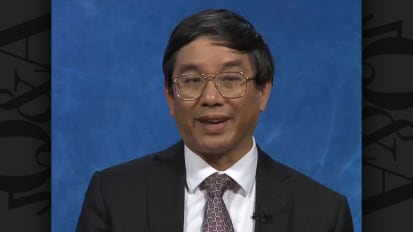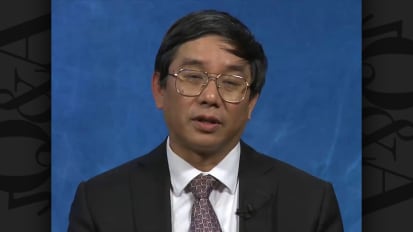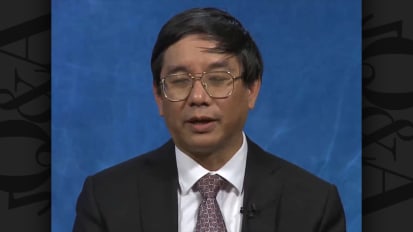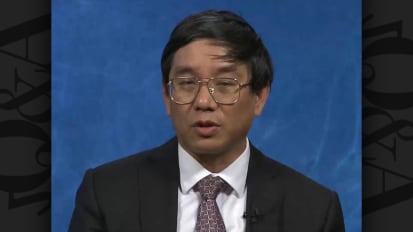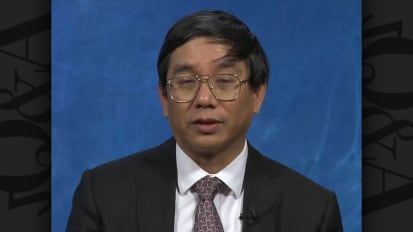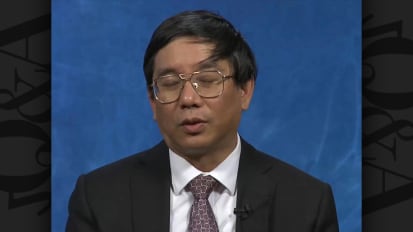Professor James CH Yang, MD, PhD
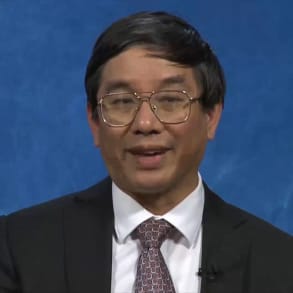
Professor, Graduate Institute of Oncology
National Taiwan University
Director, Department of Oncology
National Taiwan University Hospital
Taipei, Taiwan
What is the comprehensive spectrum of molecular alterations that whole exome NGS provides that are integral to precision-based treatment for lung adenocarcinoma?
Can you be specific about how NGS-based signatures in metastatic lung cancer can provide actionable roadmaps for targeted therapy?
What do we know about the rationale for employing NGS-based whole exome profiling in NSCLC patients who have progressed to metastatic disease on chemotherapy? Is molecular profiling at this stage of the disease useful?
What are the most important activating EGFR mutations and what are the specific implications of their detection? And what if these patients relapse on a TKI?
What is the importance of ALK fusion mutations? What are the therapeutic implications of their detection? How effective are the second-generation ALK inhibitors? What does the data show as far as PFS?
What is the importance of ROS-1 fusion mutations? What are the therapeutic implications of their detection?
In the setting of lung cancer, what is the advantage of using whole exome NGS versus targeted gene testing? Why do you advocate comprehensive molecular profiling?


